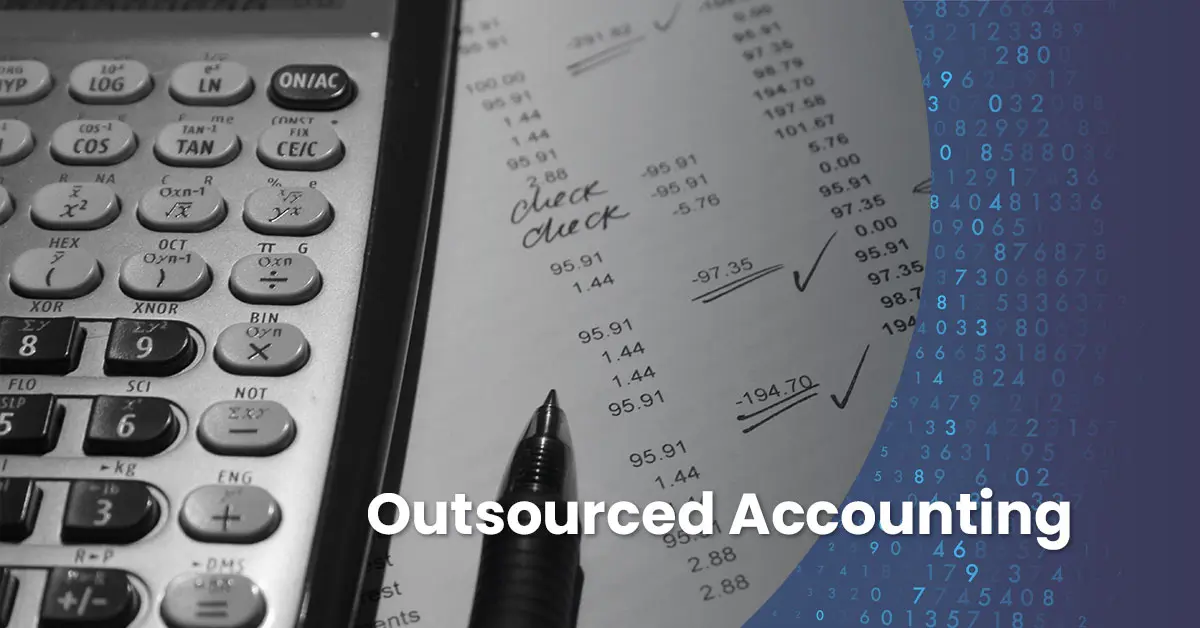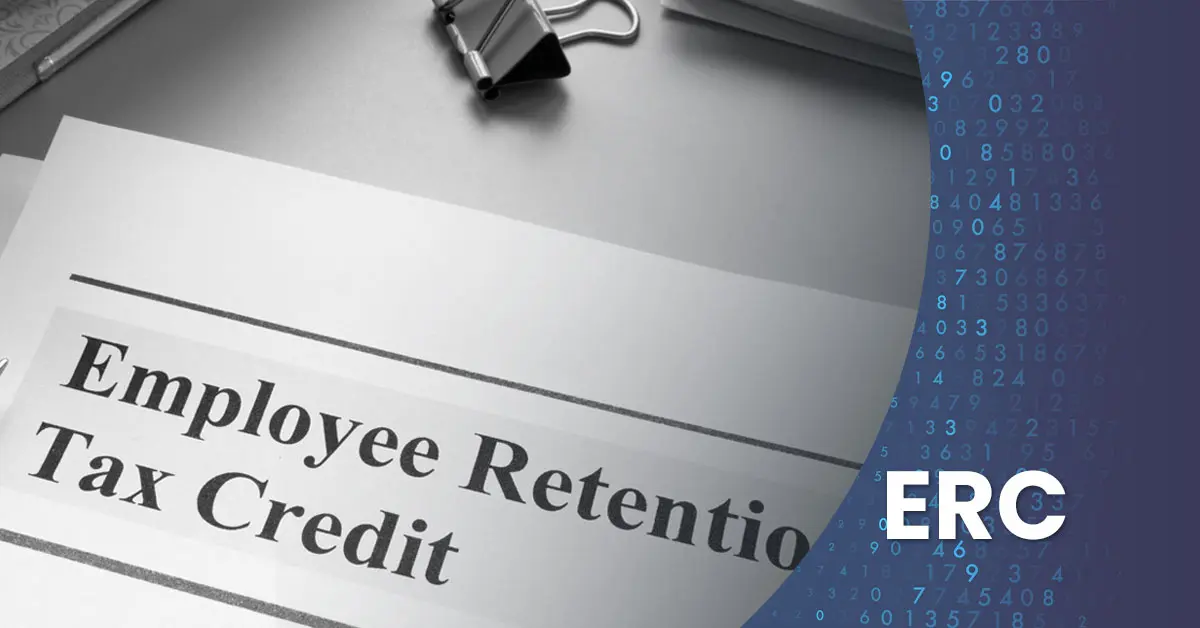One of the most important aspects of accounting is to ensure that a business is using an ideal method of accounting for the business’ current needs. In order to achieve this objective, there are several methods of accounting that businesses can choose from. The method chosen by a business largely depends on its size, nature, complexity, and legal requirements. Choosing the right accounting method can impact tax liability, financial reporting and analysis, and overall management of cash flow.
In this article, we’ll explore four major accounting methods and how each can support your business’s success. Whether you’re a startup managing simple transactions or a company scaling toward complex financial systems, there’s a method built to work with you.
What is a Method of Accounting?
A method of accounting is the set of principles and rules a business uses to record its financial transactions and generate financial statements. It defines when income and expenses are recognized, and directly impacts everything from cash flow visibility to tax liability and strategic forecasting.
Broadly speaking, methods of accounting fall into two categories: cash basis and accrual basis, each with their own variations. The method a company adopts is often influenced by its size, growth stage, regulatory requirements, or even funding structure.
Broadly speaking, methods of accounting fall into two categories: cash basis and accrual basis, each with their own variations. The method a company adopts is often influenced by its size, growth stage, regulatory requirements, or even funding structure.
So now that we’ve covered what a method of accounting is and why it matters, let’s look at the four most widely used options and which one might be the right fit for your business.
4 Major Accounting Methods and Their Applications
Before choosing the right method, it’s important to understand the four main accounting methods and what each is best suited for. Here are the different accounting methods a business typically chooses from (or, at times, is required to apply):
1. Cash Basis Accounting
Cash basis accounting is a method of accounting where transactions are recorded when cash changes hands. It is a simple and straightforward method commonly used by small businesses. Under this method, revenues and expenses are recognized when the cash is received or paid, respectively.
The benefit of cash accounting is that it provides a simple and straightforward view of the cash flow of a business. It is easy to understand and does not require sophisticated accounting practices to be used.
Who it works best for: Businesses with limited transactions, no inventory, or those that primarily operate on a cash-in-hand basis.
However, cash accounting may not offer a full picture of your business’s financial health, particularly when invoices or large expenses cross reporting periods.
If you’re unsure whether this method suits your goals, Wiss’ Outsourced Accounting service can help you choose and implement a system that aligns with your operations.
2. US GAAP Basis Accounting
US GAAP basis accounting refers to accounting practices that apply accounting principles generally accepted in the United States of America (US GAAP). US GAAP is a set of principles, standards, and guidelines developed by the Financial Accounting Standards Board (FASB) that are widely accepted as authoritative and reliable by stakeholders. Under US GAAP basis accounting, financial statements are prepared using accrual accounting rules
Accrual basis accounting is a method of accounting that records transactions when they occur, regardless of whether cash is involved or not. Under this method, revenues are recognized when they are earned, even if payment is not received yet. Similarly, expenses are recorded when they are incurred, even if the payment has not been made yet. One of the significant benefits of accrual accounting is that it provides a more accurate picture of the financial position of the business by more closely matching expenses incurred within a given period to the revenue earned in that period.
If you’re wondering about cash vs accrual accounting differences, here’s the key: cash accounting tracks money movements, while accrual accounting tracks commitments. The latter gives a more complete view of business health.
US GAAP basis accounting requires adherence to specific standards for recording and reporting financial transactions, including revenue recognition standards, expense recognition rules, accounting for inventory and fixed assets, and disclosure requirements for financial statements. At times, additional cost is required in order to meet these standards.
3. Modified Cash Basis Accounting
This hybrid method of accounting combines elements of both cash basis and accrual basis accounting, but does not necessarily follow all of the standards prescribed under US GAAP. Under this method, certain transactions are recorded on a cash basis, while others are recorded on an accrual basis. This method is useful for businesses that want to record certain financial transactions on a cash basis, but also utilize accounts such as accounts receivable, prepaid expenses, accounts payable, and accrued expenses to more closely align certain revenue and expense items for a given period.
However, modified cash basis accounting may not be accepted by certain stakeholders such as bankers, investors, or regulatory agencies who typically prefer traditional US GAAP or cash accounting methods. Businesses should consider their specific needs and consult with their accounting professional before choosing this method of accounting to ensure it aligns with their reporting requirements.
4. Tax Basis Accounting
Tax basis accounting is a method of accounting that focuses on reporting financial transactions based on tax laws and regulations, regardless of when cash is received or paid. Tax basis accounting, is often used to provide simplicity to reporting as the accounting is less complex that US GAAP basis accounting, to eliminate differences between the book method and tax method of reporting, and to provide a picture of potential taxable income throughout the year.
The tax basis of an asset or liability is typically different from its US GAAP or cash basis value because tax laws have different rules for calculating depreciation, amortization, and certain expenses.
Which Accounting Methods Suit Your Business?
There’s no one-size-fits-all answer. Choosing between cash basis, accrual, modified cash, and tax basis depends on:
- Business size
- Complexity of operations
- Stakeholder expectations
- Tax strategy
Here’s a quick recap:
| Accounting Method | Best For | Key Benefit |
|---|---|---|
| Cash Basis | Startups & small business | Simple, real-time cash visibility |
| Accrual (US GAAP Basis) | Growing/complex firms | Accurate long-term planning |
| Modified Cash Basis | Flexibility-seeking organizations | Customizable for internal use |
| Tax Basis | Compliance-focused companies | Simplified tax reporting |
Select the Optimal Method of Accounting for Success
In conclusion, choosing the right method of accounting is critical for appropriate financial reporting. Each method has its own advantages and disadvantages, and businesses should consult with their accounting advisor to choose the method that best suits their reporting needs and preferences. Whether it’s cash basis, US GAAP basis, or a hybrid method, accurate financial data is crucial for the success of any business.
For more information, contact our experts today.





 Previous
Previous






